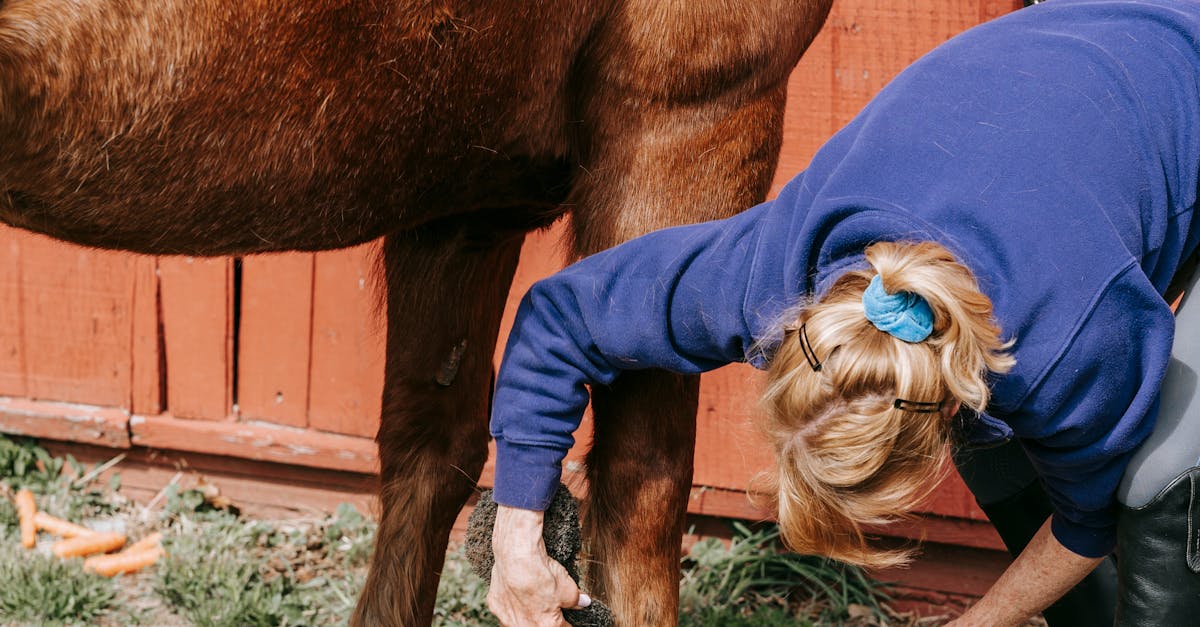You open the pantry to feed your pets and realize you're out of cat food. Your dog’s kibble is right there, and you wonder: can a cat eat dog food? While it might seem like a quick fix, there are important differences between cat and dog diets that every pet owner should understand.
🩺 Vet Insight
Cats and dogs have unique dietary requirements because they are biologically different species. Cats are obligate carnivores, meaning they rely primarily on meat to survive. Their bodies have evolved to require higher amounts of protein and specific nutrients like taurine, arachidonic acid, and vitamin A, which are naturally found in animal tissues.
On the other hand, dogs are omnivores. While they do benefit from meat, they can also digest and gain nutrients from plant-based ingredients. Dog food is formulated to meet the nutritional needs of dogs, which means it often lacks the higher protein levels and essential nutrients cats require to stay healthy.
Feeding your cat dog food occasionally in an emergency is unlikely to cause immediate harm. However, long-term feeding can lead to serious health problems due to nutritional deficiencies.
⚠️ Ingredients to Avoid
While dog food may seem harmless, certain ingredients commonly found in it can be harmful to cats. Here’s what you need to watch out for:
- Low Taurine Levels: Taurine deficiency in cats can cause heart disease (dilated cardiomyopathy) and vision problems.
- Inadequate Protein: Cats require a higher percentage of protein in their diet compared to dogs.
- Plant-Based Ingredients: Cats lack the enzymes to digest plant-based nutrients efficiently, which can lead to malnutrition over time.
- Onions and Garlic: These are sometimes present in dog treats or wet food and are toxic to cats.
- Propylene Glycol: Often used in semi-moist dog foods, this additive is unsafe for cats.
According to the ASPCA, even small amounts of garlic can be toxic to pets, causing anemia or gastrointestinal upset (source).
✅ Safer Alternatives
If you’re out of cat food, it’s best to look for safer, temporary alternatives rather than relying on dog food. Here are some options you might already have at home:
- Plain cooked chicken or turkey (no seasonings, bones, or skin)
- Cooked fish like salmon or tuna (unsalted and unseasoned)
- Scrambled eggs (without butter or oil)
- Plain, unseasoned meat baby food (ensure it doesn’t contain onion or garlic)
These options can provide a more balanced protein source for your cat until you can restock their regular food. Always avoid seasoning, oils, or sauces, as these can upset your cat’s stomach.
💡 Final Advice
While it’s okay to give your cat dog food in an emergency for a meal or two, it should never become a long-term solution. Cats have highly specific nutritional needs that dog food cannot meet, and prolonged feeding can lead to serious health issues like malnutrition, organ failure, and more.
To avoid such situations, keep an extra bag or cans of cat food at home as a backup. If your cat has eaten dog food and is acting lethargic, vomiting, or showing signs of illness, it’s best to consult a vet immediately.
FAQs
Q: Will dog food hurt my cat?
A: A small amount of dog food in an emergency likely won’t harm your cat. However, regular consumption can lead to nutritional deficiencies and health problems.
Q: What should I do if my cat only eats dog food?
A: Gradually reintroduce a nutritionally complete cat food. If your cat refuses to eat, consult your veterinarian for advice on transitioning their diet.
Book a $49 online vet consultation at https://www.dialavet.com for fast, expert advice.























